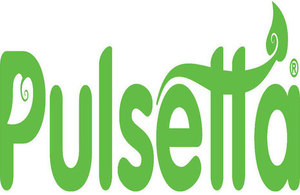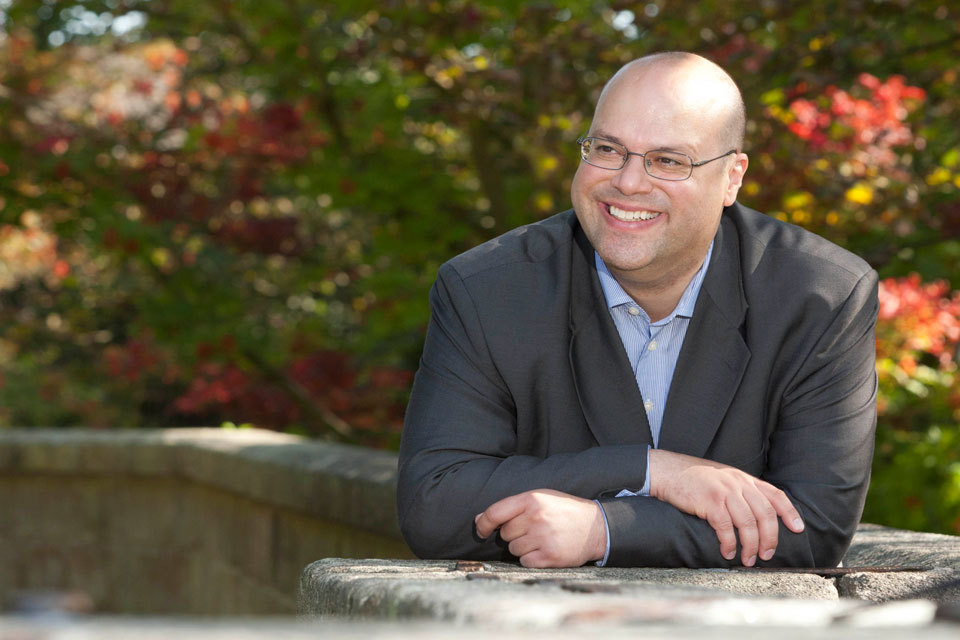Intellectual Property: Pulsetta
The Pulsetta story began as a passionate quest for free-from breads and resulted in a unique and innovative creation.

Pulsetta logo
Background
Dr Karsten Karcher, CEO and founder of Pulsetta, was born in North West Germany. He came to the UK to study for a Master of Science at the University of Strathclyde Business School, where he later obtained his PhD.
While working for a major technology company, Karsten was able to travel to many different countries. He became interested in the variety of foods used by other cultures after developing an intolerance to lactose.
Karsten’s interest in pulses was sparked by his wife, a vegetarian, who uses pulses as a staple part of her diet. Karsten noted that non-Western cultures used pulses such as peas, lentils and beans, to make flatbreads. This inspired him to create a risen loaf, more commonly consumed in Europe, from the same ingredients.
Karsten soon realised this was no easy task. The pulses needed treating which made them wet and heavy and thus prevented the bread from rising. This didn’t dissuade Karsten however - in fact, he saw it as a challenge.
Karsten sought help from a good friend and professional chef. Combining a delicate mixture of ingredients with a new and inventive process, they created a prototype loaf. The result was a healthy and tasty bread made from milled pulses, free-from all 14 of the major food allergens including gluten, wheat and dairy.

Dr Karsten Karcher
The patent
With the help of the University of Strathclyde and Scottish Enterprise, Karsten decided to patent the idea. After working with patent attorneys on his application, he filed a patent for a ‘gluten-free food composition and method of manufacture.’
Karsten now urges other innovators to take full advantage of the support network available.
Speak to the many support organisations because there is fantastic advice out there.
Karsten’s patent has since been extended internationally. He has also created a range of baked goods deriving from the original specification. These products are currently being manufactured and sold under the brand name Pulsetta. Pulsetta is also registered as a trade mark in Europe and the USA and pending in Canada.
Karsten explained why he was so keen to safeguard his intellectual property (IP) before putting the product onto the market.
Protecting your IP is especially important where it can easily be copied by others, such as in the food industry. Now we have that extra protection.
Value of IP
Karsten also believes that protecting his IP has been fundamental to their future value. Following a recent IP audit funded by the IPO, Pulsetta has become more credible as a business and more desirable to investors.
The IP audit has become a formal appendix to our investor-ready pack. It lists our IP assets and assesses their importance. Moreover, it focussed our minds on the management of our IP assets, including copyright, awards and accreditations.
Pulsetta’s products have since been recognised for their taste as well as their goodness and have won several awards. They have extended the product range to include sweet and savoury snacks and are now exporting these goods outside of the UK.
Looking back on his business journey, Karsten had the following advice for start-up businesses:
In terms of your ideas, I would always say IP asset protection has to come first. If you’re not protected, you could lose them.